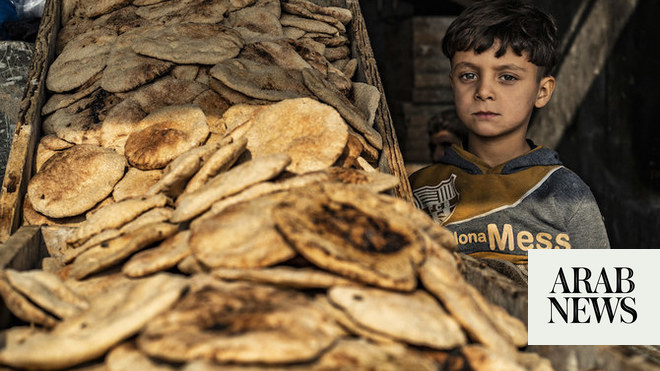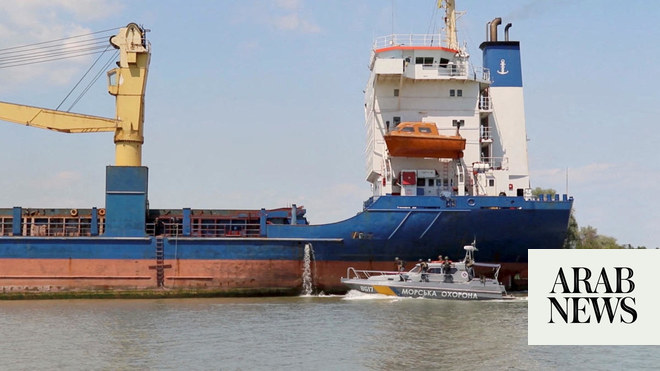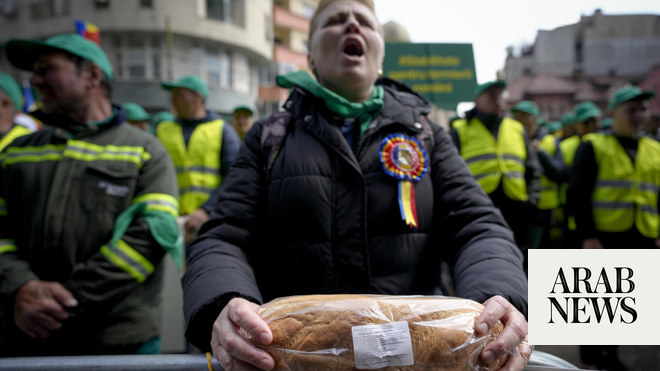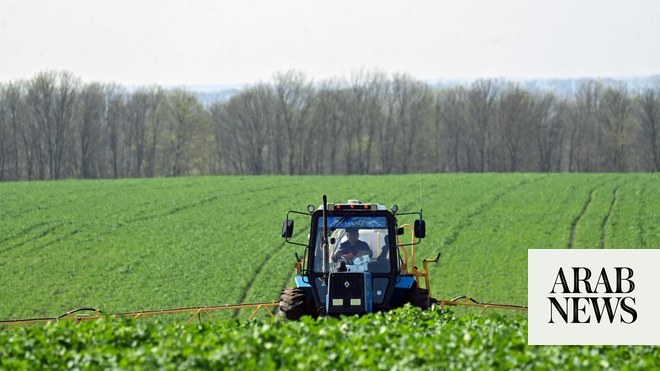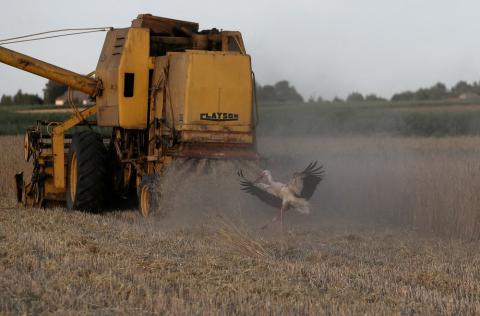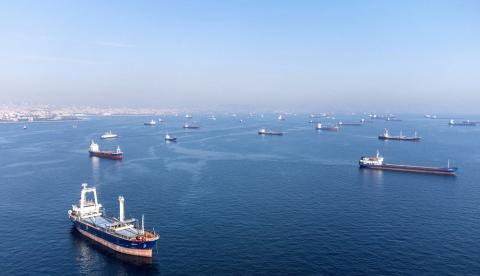
Four EU nations this week announced bans on the import of grain and other food commodities from Ukraine to protect their own agricultural sectors. Last year, these countries, along with other EU members, lifted tariffs on Ukrainian grain to support the latter’s exports globally following the impact of the conflict there. The EU adopted a strategy that relied on redirecting some shipments from blockaded Black Sea ports via rail to Romania and Poland. A subsequent UN and Turkiye-brokered deal allowed Ukraine to export grain by sea. However, cheap imports have negatively affected the Polish, Hungarian, Slovakian and Bulgarian farming sectors. Following this negative impact, will the grain deal divide the EU? And what are the implications for Ukraine?
The initial move happened due to Polish farmers’ protests against the increasing volume of Ukrainian agricultural commodities that remained in Poland, rather than passing through to the “solidarity lanes” outside the EU. This affected their livelihoods by forcing prices down. The farmers also believe that border inspections are not being carried out.
In addition to protests, the negative impact of the grain deal has resulted in a number of political problems. The drop in grain prices in Eastern Europe resulted in the resignation of Poland’s Agriculture Minister Henryk Kowalczyk. The oversupply has hit the ruling Law and Justice Party in an election year, with the economy mired in stagflation. Therefore, the government on Saturday decided to ban the entry of a number of food items, from “grain to honey products, very, very many things,” according to party leader Jaroslaw Kaczynski.
He also clarified the decision of the government by stating that every nation must safeguard its citizens’ interests, following a pattern of nationalist policies. Minister of Economic Development and Technology Waldemar Buda added that the ban also applied to goods transiting through Poland. He further suggested discussions with Ukraine over a scheme to ensure exports pass through Poland and do not stay in the local market.
The domino effect of Poland’s decision quickly reached Hungary, which is perhaps not surprising considering the well-known nationalist policies of Hungarian Prime Minister Viktor Orban. Hungary announced its own ban, also on Saturday, stating that the status quo would harm the country’s agricultural sector. It did not offer specific clarifications on what foods, in addition to grain, this ban would cover, only confirming that it would expire at the end of June.
It seems negative economic effects clearly contribute to decisions being based on national interests.
Dr. Diana Galeeva
A third EU member, Slovakia, announced on Monday that it was following suit. And Bulgaria became the fourth on Wednesday. Nationalist rhetoric was also demonstrated by Sofia with statements such as “protect Bulgaria’s interests” and that it would have too much grain “unless we take appropriate action.”
The Ukraine war seems to have created divisions in the EU. The domino effect of states banning grain was considered by the European Commission, which commented that individual members should not decide the bloc’s trade policies. The official position is that such unilateral decisions will not be tolerated. On a broader scale, 11 percent of Polish companies in the accommodation and food service sectors felt stability was threatened. In addition, 60 percent of companies in the manufacturing sector saw a negative effect on business activity in 2022. EU spokesperson Arianna Podesta commented that: “In such challenging times, it is crucial to coordinate and align all decisions within the EU.” It seems negative economic effects clearly contribute to decisions being based on national interests.
Ukrainian Agriculture Minister Mykola Solskyi commented that Kyiv understands that the Polish agriculture sector is facing challenges, but “it is the Ukrainian farmer who is in the most difficult situation.” However, the nationalist decisions of these four states will further hit the Ukrainian economy, which shrank by almost 30 percent in 2022, while unemployment hit 35 percent. Agriculture accounted for about 11 percent of Ukraine’s prewar economy, meaning the impact of these countries’ decisions will be another challenge for Kyiv.
The turbulence caused by these import bans highlights the risks posed when EU members fail to follow one policy as a bloc. Although perhaps not on the same seismic scale, it can be compared to discussions on Brexit. The decisions made by Poland, Hungary, Slovakia and Bulgaria stand out as indicators of the different ways of tackling the Ukraine crisis among EU member states. If these bans are repeated in other states, it may set a precedent allowing further independent decisions by EU members based on their national agendas. Today it is grain and agriculture, tomorrow it may be an even more challenging subject. It is clear that the Ukraine crisis is one of the most challenging for European security in recent history.
• Dr. Diana Galeeva is a former academic visitor to St. Antony’s College, Oxford University (2019-2022).
Twitter: @Dr_GaleevaDiana
Disclaimer: Views expressed by writers in this section are their own and do not necessarily reflect Arab News" point of view




